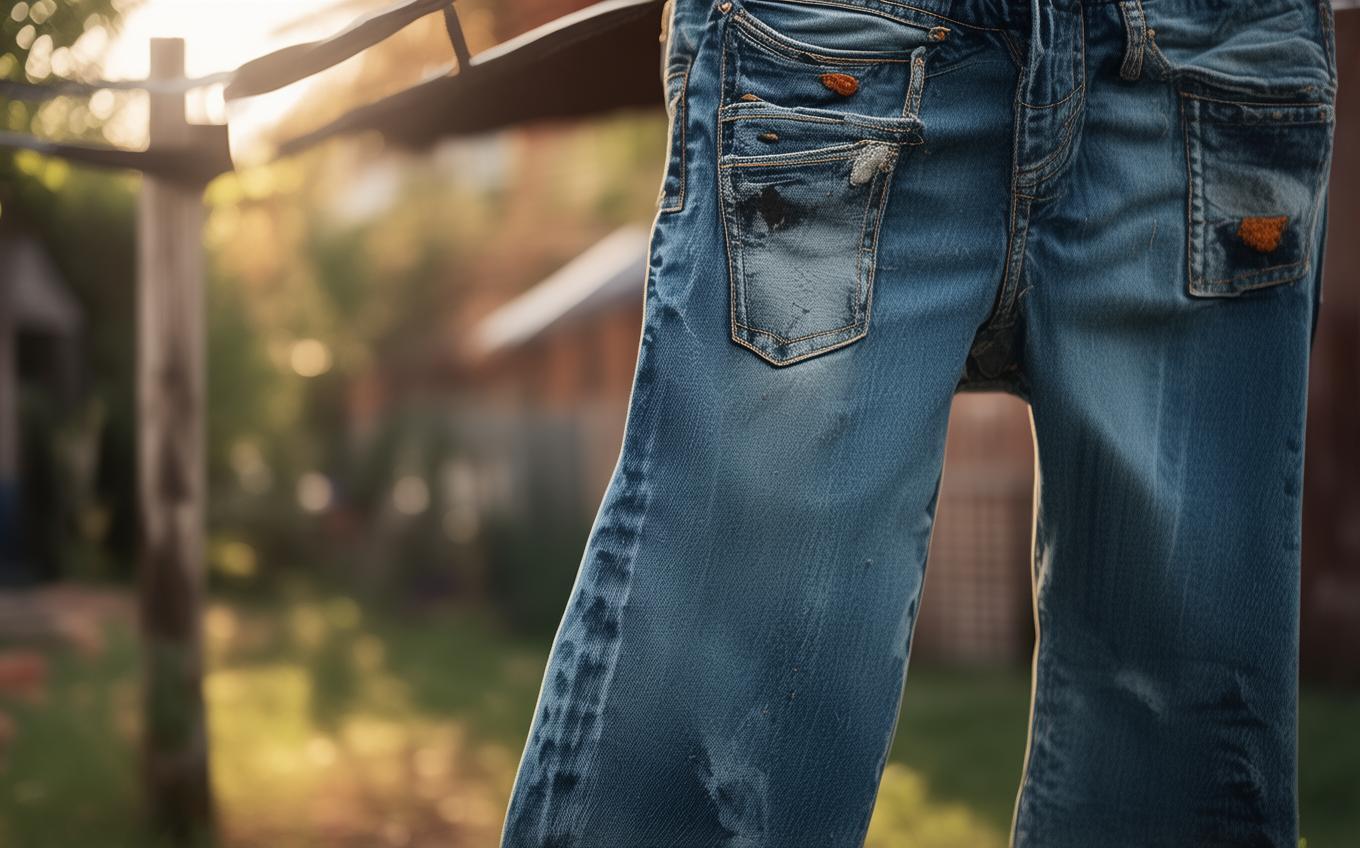Understanding "裤子" - Chinese Word Explanation
1. Basic Information
- Word: 裤子
- Pinyin: kù zi
- Literal Meaning: "pants" or "trousers"
- Primary Meaning: Refers to a piece of clothing covering the lower body, typically with two leg openings.
2. In-depth Explanation
Context and Usage
"裤子" is a common everyday word used to refer to pants or trousers in Chinese. It can describe any type of lower-body garment, including jeans, slacks, sweatpants, or shorts. Unlike English, where "pants" might specifically refer to formal trousers in some dialects (e.g., British English), "裤子" is a general term.
Character Breakdown
- 裤 (kù): The character itself means "pants" or "trousers." The left radical (衤) is the "clothing" radical, indicating its relation to garments.
- 子 (zi): A neutral suffix often added to nouns, making the word sound more natural in spoken Chinese. It doesn’t carry independent meaning here.
3. Example Sentences
-
Chinese: 这条裤子很舒服。
Pinyin: Zhè tiáo kùzi hěn shūfu.
English: These pants are very comfortable. -
Chinese: 我的裤子脏了,需要洗一洗。
Pinyin: Wǒ de kùzi zāng le, xūyào xǐ yī xǐ.
English: My pants are dirty and need to be washed. -
Chinese: 她喜欢穿蓝色的裤子。
Pinyin: Tā xǐhuan chuān lán sè de kùzi.
English: She likes to wear blue pants.
Cultural Notes
In Chinese culture, the style and formality of "裤子" can reflect social norms. For example:
- Traditionally, women wore skirts more often, but modern fashion has made pants equally common.
- In formal settings, well-fitted trousers ("西裤" xīkù, dress pants) are expected for business attire.
- Loose or casual pants like "运动裤" (yùndòng kù, sweatpants) are reserved for exercise or lounging.
Conclusion
"裤子" (kùzi) is a simple yet essential word for describing pants in Chinese. Whether you're shopping, doing laundry, or talking about fashion, this term will come in handy. Remember the character "裤" includes the clothing radical (衤), linking it to other garment-related words!




Comments (0)
No comments yet. Be the first to comment!